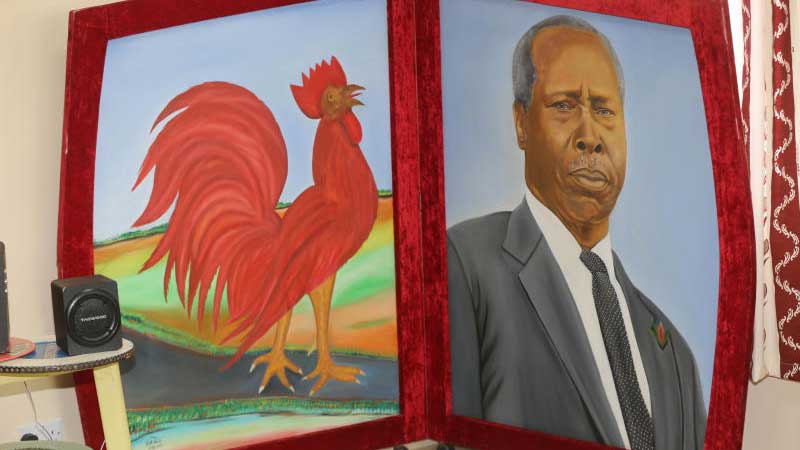×
The Standard e-Paper
Join Thousands Daily

The man who brought Moi Day back says he did it to correct a misinterpretation of the Constitution. Gragory Nyauchi filed a case in court in 2017 questioning the scrapping of Moi Day as a public holiday.
The University of Nairobi's School of Law graduate said he was motivated to go to court to make a point that all Kenyans are equal before the law.